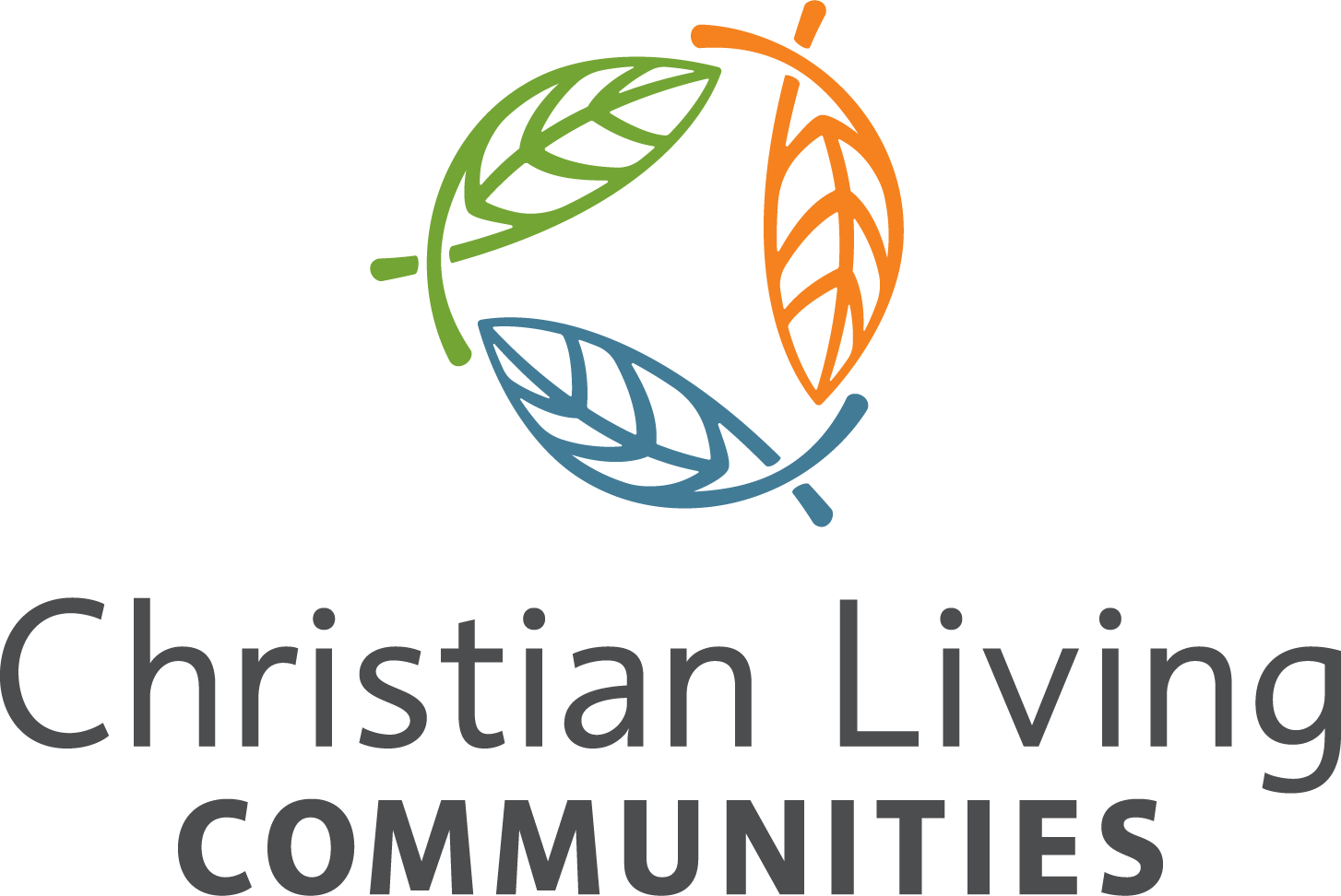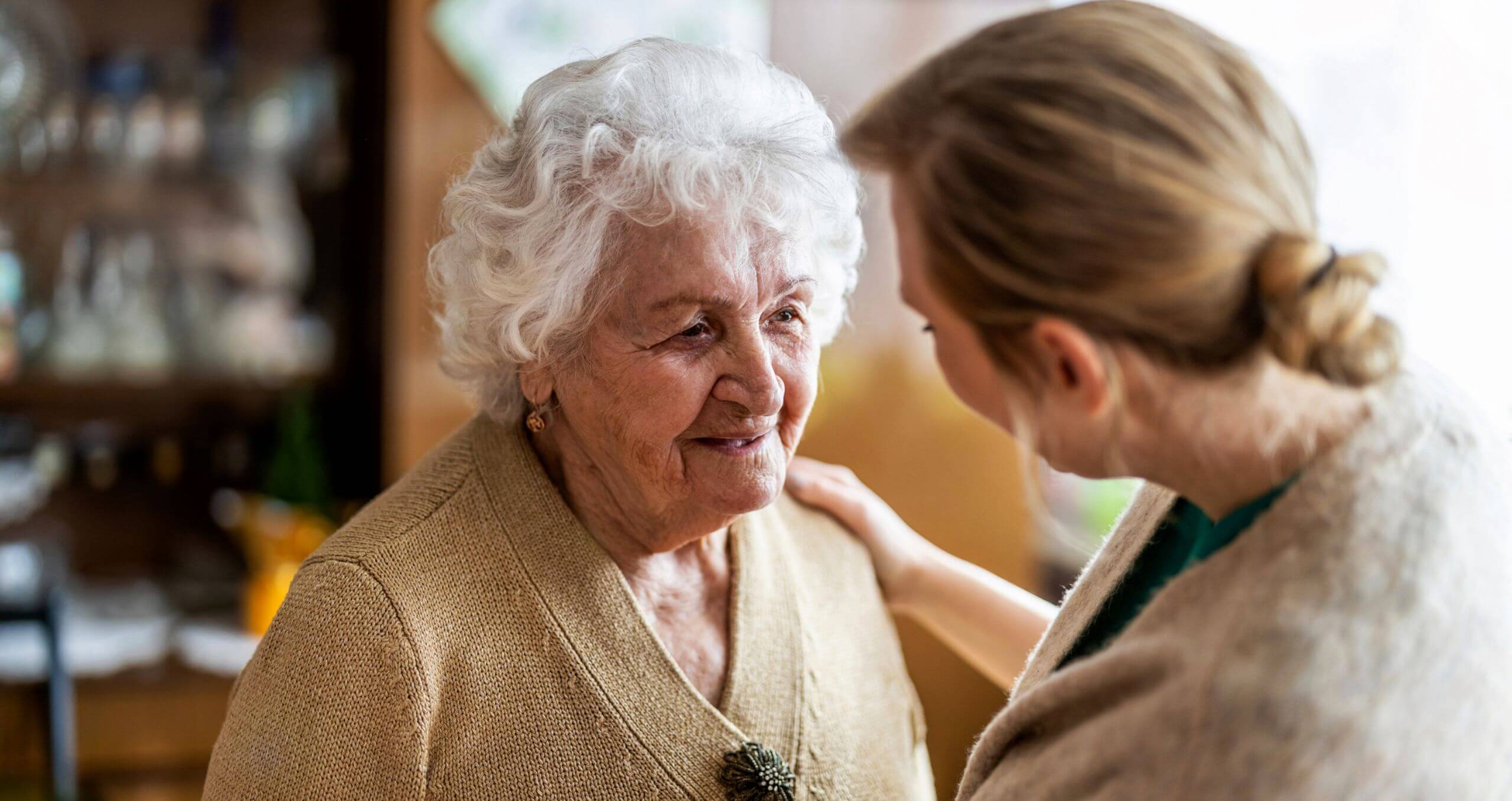It can be overwhelming when you realize you need day-to-day assistance for yourself or for a family member. There are many different types of specialized care for older adults; determining the best option may seem like a job in and of itself. When contemplating living arrangements for yourself or your loved one, many use the terms “assisted living” and “skilled nursing” (or “nursing home”) interchangeably. But the truth is that they are two very different things.
Having a strong understanding of the options available can ease the transition and prevent the need to move during a crisis.
Assisted Living Communities
Assisted living communities provide residents with a customized level of care primarily focused on activities of daily living (ADLs). This can include assistance with meals, medication reminders, dressing, or personal hygiene. Assisted living communities are designed to encourage residents to live as independently as possible in an engaging community, while offering support with everyday activities. Residents of assisted living communities do not need around-the-clock nursing care. Most of these communities cannot treat individuals who require wound care, medical monitoring, or therapy.
Assisted living communities tend to resemble apartment communities. Residents have an option of different apartment home floor plans to best suit their needs. Christian Living Communities’ (CLC) assisted living communities offer an array of amenities for residents to enjoy, such as fitness centers, games and billiards rooms, and full-service beauty salons and barbershops. Many residents enjoy walking the scenic grounds and nearby neighborhoods, gardening, and building connections with neighbors in the many gathering spaces. Resident-directed life enrichment programs promote autonomy, choice, and whole-person wellness through a diverse range of meaningful, purpose-driven activities.
Explore CLC’s assisted living communities.
Some CLC communities offer a continuum of care for peace of mind: a resident may start out in an assisted living neighborhood and one day find they need extra support, from short-term rehab to skilled nursing to memory support.
Learn more about CLC’s Life Plan and Continuing Care Retirement Communities.
Skilled Nursing Communities
Long-Term Care
Skilled nursing communities provide a wide range of services, treatments, and medical care that can only be performed by licensed nurses, such as wound care, intravenous (IV) therapy, injection administration, and monitoring of vital signs and medical equipment.
The team members at skilled nursing communities typically include a medical director or director of nursing, registered nurses (RNs) and licensed professional nurses (LPNs), Certified Nursing Assistants (CNAs) and other licensed therapists. Care partners work with residents and their families to create custom care plans for each resident.
Short-Term Rehab
When short-term support is needed following a hospital stay – for example, if one has suffered a stroke or is recovering from surgery – older adults may receive services in one of our rehabilitation neighborhoods and then return home. These neighborhoods focus on providing occupational, physical, and speech therapies with dedicated gyms and meal programs. There are times when a guest determines that remaining at the community will be the best option for their future health and wellbeing. We often can welcome older adults as new neighbors after a rehab stay.
Three CLC communities have received the Best Nursing Homes award from US News & World Report for long-term care, short-term rehab, or both.
Learn more about Skilled Nursing at CLC’s Life Plan and Continuing Care Retirement Communities.
Medicare Options for Skilled Nursing Care
Long-term skilled nursing care is generally not covered by Medicare, but short-term care is covered while you or a loved one recovers from an illness or injury.
Medicare will pay for skilled nursing services if a physician prescribes specialized therapies (including physical and occupational therapy), medications, medical equipment and supplies, and social services to help with recovery. Only Medicare-certified skilled nursing communities are eligible. You can read more about Medicare and skilled nursing here.
What To Look for in an Assisted Living or Skilled Nursing Community
Here are some tips to help you choose the right community:
- Make sure the community provides the care that is needed and determine what special services, such as memory support and special therapies, are available.
- Ask about staff training and turnover, staff-to-resident ratios, and if there is an RN or director of nursing in the community at all times.
- Learn out about life enrichment and activities. How does the community keep residents active and engaged?
- Consider the location. The closer the community is to family, friends, and preferred doctors, the better.
- Ask about the dining program to ensure that balanced meals are offered and any special dietary requests can be accommodated.
- Check licensing, industry ratings, and testimonials. All skilled nursing care communities must have the required state licenses available for viewing. Make note of how the community is rated by industry professionals and what current or past residents, guests, and family members have to say about their experiences.
Do Your Homework and Take a Tour
The Colorado Department of Public Health & Environment (CDPHE) has a variety of resources for consumers, as does Medicare.gov, to assist you in comparing skilled nursing communities. Follow the community on social media to get a feel for what life in the community is like. And finally, before making a decision, check out the floor plans, take a tour, and ask to see a sample room if possible (sometimes they are all occupied) as well as the dining areas, outdoors, and other common areas.
Finding the right level of care and community takes time, but we are here to help. Visit one of our community websites below to learn more.
Explore CLC’s Assisted Living Communities
- Cappella of Grand Junction – Grand Junction, CO
- Cappella of Pueblo West – Pueblo West, CO
- Casey’s Pond – Steamboat Springs, CO
- Clermont Park – Denver, CO
- Dayspring Villa – Denver, CO
- Holly Creek – Centennial, CO
- The Retreat at Sunny Vista – Colorado Springs, CO
- Someren Glen – Centennial, CO
Explore CLC’s Life Plan & Continuing Care Retirement Communities, Offering Skilled Nursing
- Casey’s Pond – Steamboat Springs, CO
- Clermont Park – Denver, CO
- Holly Creek – Centennial, CO
- Someren Glen – Centennial, CO
- The Living Center at Sunny Vista – Colorado Springs, CO


